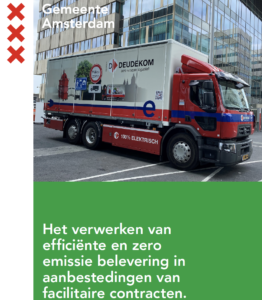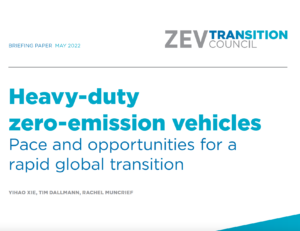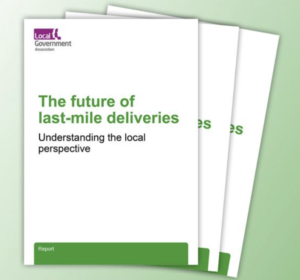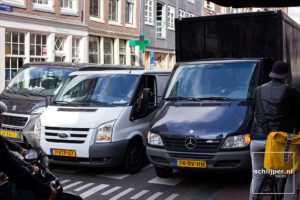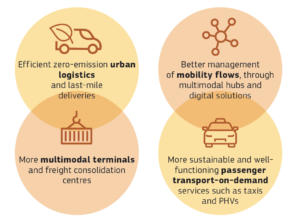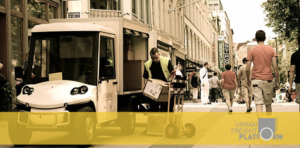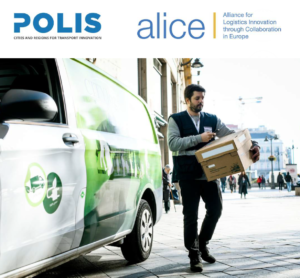Exploratory scenario analysis: the future of urban logistics in 2040
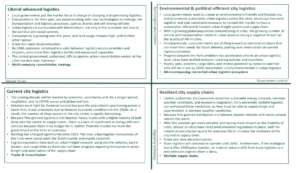
Urban logistics is characterized by a high degree of freight flow fragmentation, the employment of various delivery methods, and the use of various vehicle capacities. Urban logistics is essential for inhabitants’ quality of life, both negatively and positively. It plays a prominent economic role with significant advantages for multiple stakeholders along complex, dynamic supply chains. …

